
Estimated reading time: 18 minutes
- What is CBD?
- What is the Endocannabinoid system?
- CBD Support Natural Levels Of Endocannabinoids
- How CBD works for Pain Relief
- How CBD works for Stress Relief
- Here’s Why CBD works
- How Different CBD Products Affect Your Body
- Vaping CBD – How does it work?
- Does Full Spectrum CBD work better than CBD Isolates?
- How do the Cannabinoids work?
- Why is your CBD not working?
- Why should you take CBD?
- Conclusion – How CBD works
To be able to clarify the question: ” How CBD works inside our body?” we have a little bit of explaining to do……
What is CBD?

CBD is one of over 114 plant compounds in Cannabis known as cannabinoids. Cannabidiol is to be found in the Hemp or Marijuana plant. It is a non-psychoactive compound, which means that people do not feel ‘high’ after using it.
CBD is known for its wide range of medical benefits, including the treatment of Dravet syndrome and Lennox-Gastaut syndrome. Managing pain, depression, and anxiety is one of the most popular reasons for taking CBD. CBD interacts with our Endocannabinoid system where it binds to special receptors on our cells, called cannabinoid receptors (CB1 and CB2).
What is the Endocannabinoid system?
The endocannabinoid system is a complex cell-signaling system. It plays a crucial role in regulating a wide range of physiological processes in the human body. Medical researchers discovered it in the 1990s, but much is still unknown about how it works and its interactions.
This system is composed of endocannabinoids. They are molecules produced naturally by the body, as well as receptors and enzymes that work together to help maintain homeostasis or balance within the body. The endocannabinoid system is involved in regulating functions such as mood, sleep, appetite, immune response, and pain sensation. Understanding the endocannabinoid system and how it works; can help us to develop better treatments for a variety of health conditions.
The endocannabinoid system has three components:
- Receptors
- Enzymes
- Endocannabinoids.
These parts function regardless of whether someone uses CBD or not.
The endocannabinoid system has been the subject of intense scientific research in recent years. Our knowledge of its complex workings is expanding rapidly. In fact, it is now widely recognized as one of the most important and versatile systems in the human body. It has a broad range of functions, hence why it is not surprising that the endocannabinoid system has also emerged in drug development.
An example..
For example, drugs that target the endocannabinoid system show promise in treating conditions such as chronic pain, anxiety, and inflammation. Research has suggested that the endocannabinoid system may play a role in the development of certain diseases. Mentioning cancer and Alzheimer’s disease. Our understanding of this fascinating system continues to grow. Hence, it is likely that we will uncover new and exciting ways to harness its power for the benefit of human health.
CB1 receptors
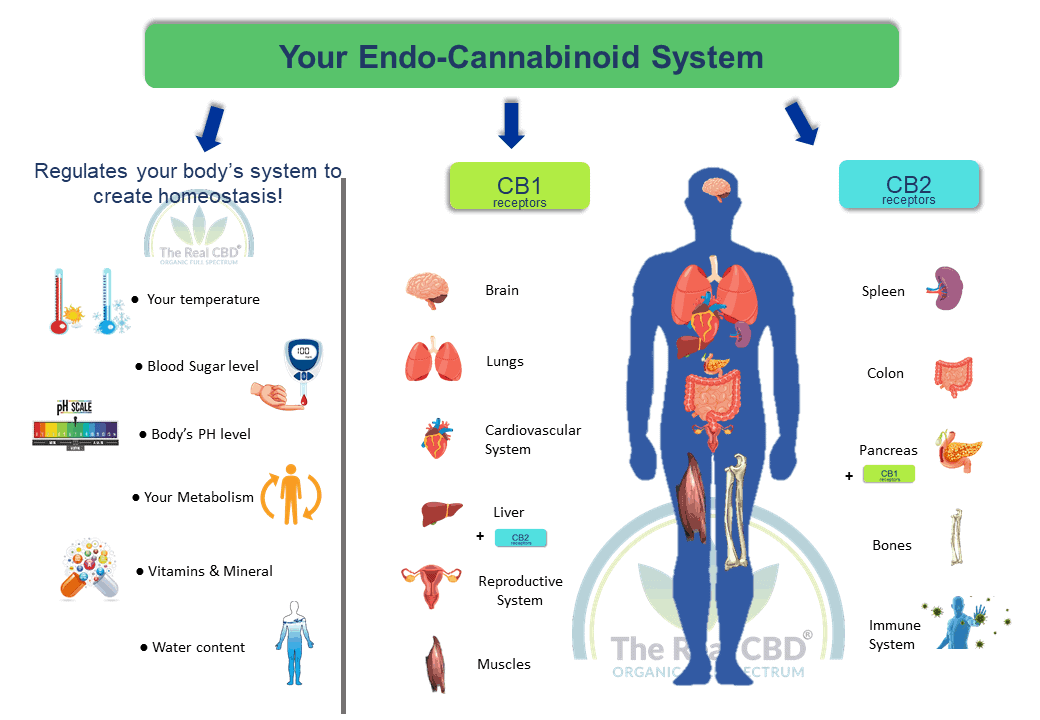
These are essential for a healthily functioning brain. They are one of the most common receptors in the entire nervous system. Depending on what region of the brain they are located in, they can be moderators of your memory, mood, motor function, or your perception of pain. These brain receptors are also responsible for the psychoactive properties of cannabis when THC binds to them.
CB1 receptors are found mostly in the central nervous system. CB2 receptors are part of the immune system and are found in the blood cells as well. CB1 plays a role in the production and release of neurotransmitters. CB1 receptors are also involved in the lipogenesis process which is the body’s internal balance. Various studies suggest that CB1 also influences pleasure, concentration and appetite, memory, and pain tolerance.
CB2 receptors
CB2 receptors are most often found on the cells of our immune system. They help moderate inflammation and our immune response to pathogens. If you use cannabis products to combat conditions of an overactive immune system (i.e. arthritis, asthma, allergies, autoimmune disorders or digestive issues like inflammatory bowel disease) you can thank your CB2 receptors.
CB2 receptors affect the immune system, being involved in a variety of functions like immune suppression or apoptosis (cell death). Studies show that CB2 affects the pain sensation. Therefore, could play a role in various diseases, from liver and kidney problems to neurodegenerative diseases.
Together, these cell receptors make up the larger endocannabinoid system (ECS)
CBD Support Natural Levels Of Endocannabinoids
CBD and Your Body’s Natural Balance Let’s talk about CBD in a way that’s easy to understand. You know, our bodies have something called “endocannabinoids,” which are like messengers that help keep everything in balance. There are two main types of these endocannabinoids:
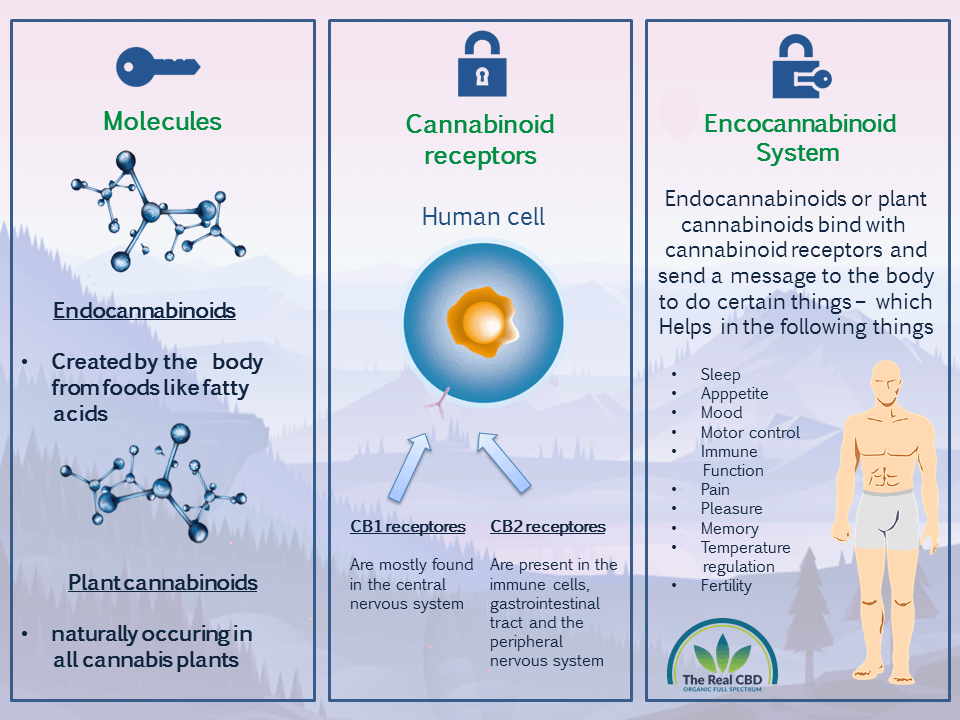
- Anandamide: This one is like your body’s feel-good molecule. It’s involved in things like appetite, memory, and that sense of euphoria you might feel after a good run. Anandamide actually gets its name from the Sanskrit word for “bliss.”
- 2-ArachidonoylGlycerol (2-AG): The name might be a mouthful, but this endocannabinoid plays a crucial role in emotional regulation, protecting your brain, and keeping your heart healthy.
Now, here’s where CBD comes into the picture. You see, CBD and other cannabinoids can help these endocannabinoids stick around in your body for longer by slowing down the enzymes that break them down.
CBD and the Receptors in Your Body has these little receptors called CB receptors that are like doorways on the surface of your cells. They’re the ones that respond to endocannabinoids and even some plant-based cannabinoids like CBD.
Scientists have found two main types of these receptors: CB1 and CB2.
CB1 receptors are mostly in your brain and central nervous system, while CB2 receptors hang out more in places like your immune system.
Now, here’s where it gets interesting. CBD isn’t as buddy-buddy with these receptors as some other cannabinoids, but it can still chat with them. When it does, it can influence your mood, how you perceive pain, and even how your immune system responds, especially when you take higher doses of CBD.
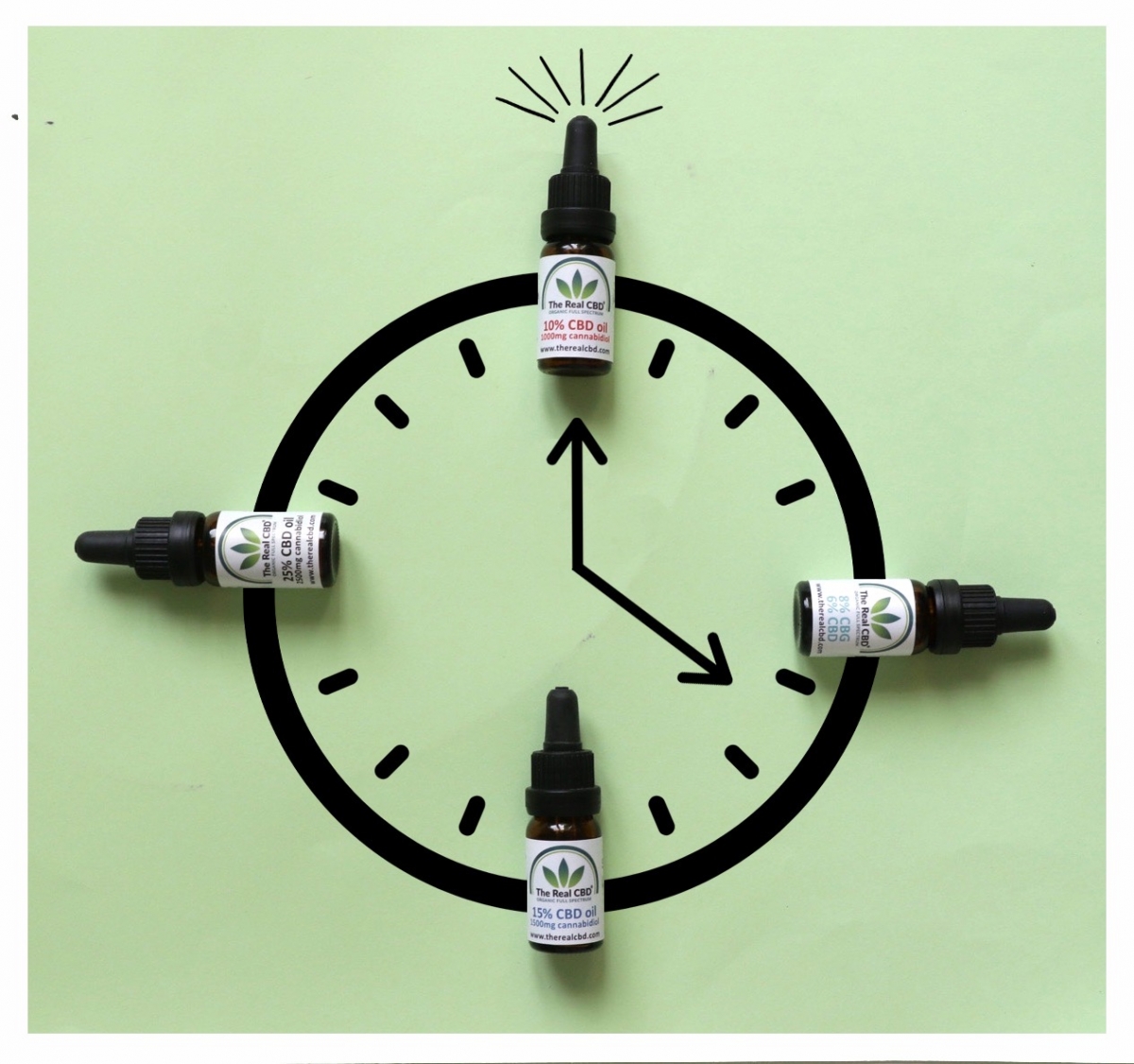
How CBD works for Pain Relief
Now, let’s talk about how CBD might help with pain. It’s like this: there’s a special receptor in your body called TRPV1, and it’s in charge of sensing pain, temperature, and inflammation.
CBD seems to have a friendly chat with this receptor, helping to ease pain signals in both short-term and long-term situations. This discovery is pretty exciting because it suggests that CBD could be a helpful option for managing different types of pain. However, scientists are still figuring out all the details of how it works in the human body.
How CBD works for Stress Relief
Ever have those days when you’re feeling super stressed or can’t sleep? CBD might be able to lend a hand.
You see, CBD can interact with something called GABA receptors in your brain. Think of these receptors as the brakes for your body’s stress response. When they’re activated, they help calm things down when you’re feeling overwhelmed or anxious.
CBD is like a cheerleader for GABA receptors, making them work even better. This can lead to better control over your stress responses and a sense of calm when you need it most.
Here’s Why CBD works
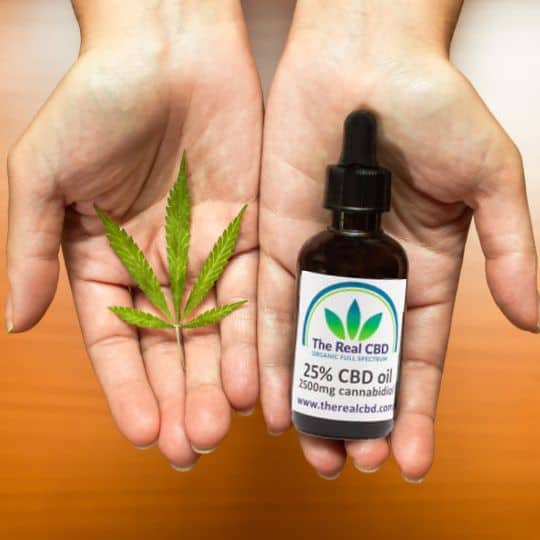
When it comes to the cannabis plant, it’s packed with some amazing compounds that offer potential health benefits for both humans and our furry friends.Read more about CBD for pets here
CBD and its cannabinoid buddies are primarily found in the resin glands of flowering cannabis plants, especially hemp plants, which are known for their low levels of THC (tetrahydrocannabinol).
Unlike THC, CBD doesn’t make you feel high. Instead, it’s often used to help achieve a sense of balance and calm in the body, providing relief from various types of pain, like backaches, muscle soreness, and toothaches, all without the mind-altering effects linked to THC in marijuana.
CBD oil blends the potent resin extract from hemp plants with a carrier oil, like MCT coconut oil, olive oil, or hemp seed oil. This carrier oil helps dilute the hemp extract’s strength, making it easier to measure and increasing its absorption in the digestive system.
CBD oils come in a wide range of potencies (measured by the amount of CBD in each bottle), flavors, and even different types of CBD extracts.
Learn more about the world of CBD, shedding light on the statistics and science behind its efficacy. Whether you’re a seasoned CBD enthusiast or new to the game, we’re here to demystify this incredible compound in an engaging and uplifting manner, free from complex jargon.
How Different CBD Products Affect Your Body
CBD is a versatile compound that can be taken in various forms—capsules, oils, smokables, lotions, and even tasty treats like gummies.
Let’s explore the different types of CBD oils and products and how they work in various situations. Among them, edible CBD products are the most accessible and beginner-friendly option, available in various tasty varieties.
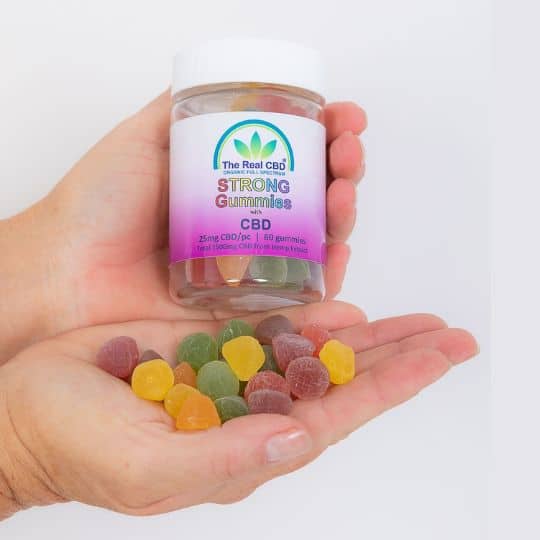
How does edible CBD work?
When you consume CBD in an edible form, your body absorbs the cannabinoids through the digestive system. Unfortunately, this isn’t the most efficient method to experience the benefits of CBD.
However, there’s a silver lining—it’s one of the gentlest ways to introduce cannabinoids to your body since they pass through the digestive tract and liver before entering the bloodstream. Much like CBD oil, edibles like CBD gummies can help with issues like inflammation, pain, sleep, and anxiety.
It’s essential to note that your body absorbs less CBD this way compared to other methods. If you opt for CBD treats, it’s wise to choose products with a high CBD concentration.
This is because most of the active cannabinoids get broken down by the gut and liver before they can reach the bloodstream and interact with the CB1 and CB2 receptors in your central and peripheral nervous systems.
Topical CBD products magic
CBD oil can also have beneficial effects when applied topically to the skin. It interacts with endocannabinoid receptors present in skin tissue. The endocannabinoid system (ECS) plays a crucial role in supporting the skin’s functions, which include protecting the body from environmental factors, regulating temperature, providing immune support, and sensing pain.
So, how exactly does CBD oil work on the skin?
When you use CBD topically, you’re targeting specific areas for relief. Instead of traveling through the bloodstream, CBD is applied directly to the skin in a concentrated form, allowing it to work where it’s needed most.
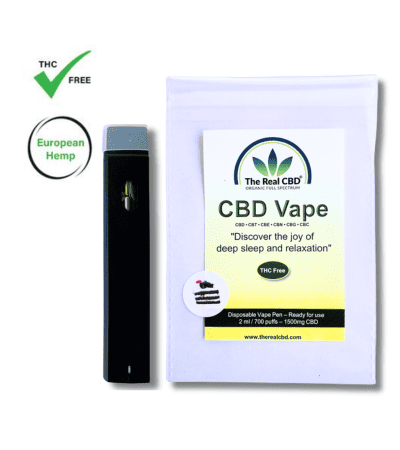
Products like CBD roll-ons and CBD massage oils have gained popularity among those seeking natural pain relief. These topical options offer the benefits of CBD without the concern of potential drowsiness associated with high concentrations of CBD when taken internally.
So, whether you choose to apply CBD directly to your skin or opt for CBD gummies for joint pain and muscle support, both can offer effective ways to harness the potential benefits of this natural compound.
Vaping CBD – How does it work?
When it comes to getting cannabinoids into your bloodstream quickly, smoking CBD is the way to go. Unlike other methods that require digestion, smoking allows CBD to enter your bloodstream through the exchange of oxygen in your lungs.
Smoking CBD products, such as CBD cigarettes, vape oil, or cannabis flower, provide a rapid and potent effect on the mind and body. However, it’s essential to note that smoking may not be suitable for everyone, as it can potentially irritate the lungs. Despite this, many people choose this method to address issues like muscle spasms, chronic pain, and stress due to its fast-acting nature.
Does Full Spectrum CBD work better than CBD Isolates?
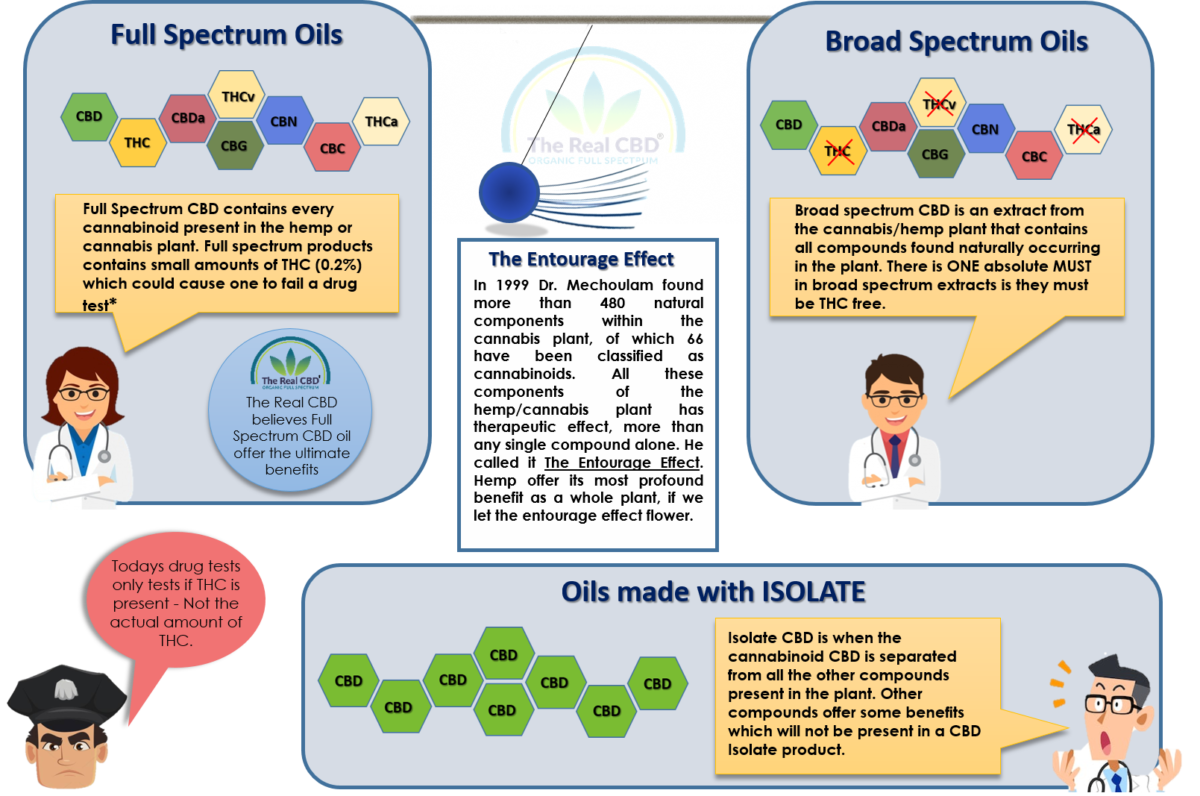
The question of whether pure CBD or full-spectrum CBD works better is a common one. Here’s the scoop:
CBD is just one of many natural compounds found in the cannabis plant. It’s known for its potential health benefits. Pure CBD oil, which contains only CBD and no other compounds, can indeed support the function of the endocannabinoid system.
However, research suggests that full-spectrum CBD oil may offer more robust and balanced effects in the human body. This is due to something called the “entourage effect.” It’s a theory that suggests that when complementary plant compounds, like minor cannabinoids and terpenes, are present together, they work synergistically to enhance each other’s effects.
In other words, full-spectrum CBD oil contains not only CBD but also these other beneficial compounds. This can complement and amplify the positive impact of CBD on the body. So, many people believe that full-spectrum CBD may offer a more comprehensive and effective wellness experience compared to pure CBD.
How do the Cannabinoids work?
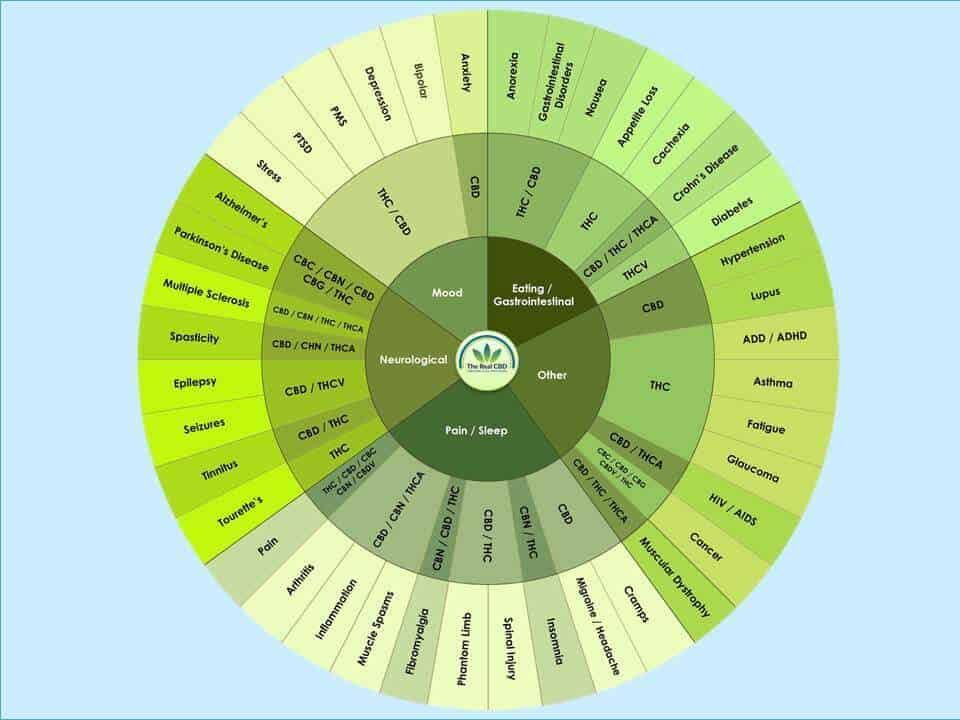
Cannabinoids are a group of compounds that are found in the cannabis plant and are very important. These compounds work with the endocannabinoid system in the body. They cause a wide range of effects that could improve health and well-being as a whole. Cannabinoids have been found to be very powerful and useful. They can reduce inflammation, ease pain, and even boost your happiness.
THC and CBD are two of the most well-known cannabinoids. THC is what makes the plant make you feel high. While CBD doesn’t make you high and has been found to have a number of possible medical uses. Other cannabinoids, like CBG, CBN, and CBC, are also being looked at. Studies to see if they might be good for our health.
Overall, cannabinoids are an important part of the cannabis plant. Therefore, their possible medical uses are becoming more and more known. By using the power of cannabis, we might be able to help a lot of people who are sick in many different ways.
Why is your CBD not working?
Why my CBD not wotking – Video
Quality Matters
First and foremost, let’s address a critical aspect of CBD effectiveness: product quality. At our Spanish-based CBD company, we are firm believers in the importance of delivering trustworthy CBD products that live up to their labels. The quality of the CBD product you choose plays a significant role in determining whether it will work for you or not.
Cheap, subpar CBD products flooding the market may not contain the amount of CBD they claim to have. Some may even be contaminated with harmful substances. When selecting a CBD product, it’s essential to opt for high-quality, full-spectrum options. These products contain a wide range of cannabinoids, including CBD, derived from the Cannabis sativa plant. This synergy between cannabinoids, known as the “entourage effect,” can enhance the therapeutic potential of CBD.
How to find a reputable CBD Brand
Individual Variability

Another reason why CBD may not work as expected is the variability in how it affects individuals. Our bodies are unique, and the way they interact with CBD can differ from person to person. Factors such as genetics, metabolism, and overall health can influence how CBD is metabolized in the body and the effects it produces.
Some individuals may find relief from their ailments with a relatively low dose of CBD, while others may require higher concentrations. Personalization is key when it comes to CBD use, and our commitment to offering personal free consultations with our cannabis experts aims to help you find the right CBD product and dosage for your specific needs.
Patience Is Key
CBD is not a magic potion that provides instant results. It often requires time and consistency to experience its full benefits. If you’re wondering why CBD is not working after a few days or even weeks, don’t be discouraged. The effects of CBD can be gradual, and your body may need time to adjust.
It’s crucial to establish a consistent CBD routine and give it time to build up in your system. Many users report noticing improvements after several weeks of regular use. Remember, patience is key when it comes to reaping the potential benefits of CBD.
Finding the Right Dosage
Finding the right CBD dosage can be a trial-and-error process. If you’re not experiencing the desired effects, it might be worthwhile to adjust the dosage. Starting with a lower dose and gradually increasing it until you achieve the desired results can be an effective approach.
It’s also important to note that different conditions may require different CBD dosages. Our cannabis experts can guide you through this process, helping you determine the optimal dosage for your specific needs.
Interactions with Medications

If you’re currently taking medications for underlying health conditions, it’s essential to consider the potential interactions between CBD and your medications. While CBD is generally well-tolerated, it can interact with certain medications, potentially affecting their effectiveness or causing unwanted side effects.
If you have concerns about drug interactions, consult with a healthcare professional before incorporating CBD into your wellness routine. They can provide personalized guidance based on your medical history and current medications.
CBD and blood thinning Medication
Lifestyle Factors
Your lifestyle choices can also impact the effectiveness of CBD. Factors such as diet, exercise, and stress levels can play a role in how your body responds to CBD. Maintaining a healthy lifestyle that includes a balanced diet, regular physical activity, and stress management can complement the benefits of CBD and improve its effectiveness.
Why should you take CBD?

Taking CBD may help reduce anxiety, help pain, improve sleep quality, and even have neuroprotective effects on the brain. Additionally, CBD is non-intoxicating and does not produce the psychoactive effects commonly associated with marijuana use.
With all these potential benefits, taking CBD may be worth considering. Especially for those looking for a natural approach to their health and wellness.
If you’re someone who struggles with anxiety or chronic pain, taking CBD may be an option for you to explore. Studies show that CBD can help reduce anxiety levels and help symptoms of chronic pain. Making it a potential alternative to medications with harmful side effects.
Moreover, CBD has been found to improve sleep quality, which is essential for overall health and well-being. By helping you achieve a night of more restful sleep, CBD can aid in regulating your mood, boosting your energy levels, and improving cognitive function.
What more…
Another exciting potential benefit of CBD is its neuroprotective effects on the brain. Research has suggested that CBD may help protect against brain damage caused by traumatic injuries or ageing diseases like Alzheimer’s.
All in all, CBD offers a range of potential benefits. It makes it worth considering for anyone looking to improve their physical and mental health naturally. If you’re interested in trying CBD, be sure to speak with your doctor first. Just to ensure it’s safe and appropriate for your specific needs.
One major takeaway from many studies is the unfortunate reality that the endocannabinoid system; is very easy to throw out of balance. Stress levels, diet and lack of exercise all influence your body’s ECS. Our modern lifestyles may be taking a toll on this natural system.
You should try to help your endocannabinoid system. The recent legalization of cannabis and hemp products in many countries has made self-experimentation possible. There are more than 100 different phytocannabinoids — including THC, THCa, THCv, CBD, CBDa, CBN, CBG, etc. Each one can have slightly different interactions with the CB receptors throughout your body.
The CB receptors control so many different aspects of your nervous and immune systems. So because of genetic variation in enzymes, it isn’t possible to truly predict what reaction you’ll have without experimenting by yourself.
Learn more about the benefits of using CBD products
Conclusion – How CBD works

CBD oil has gained popularity as a supplement with various health benefits. But how does it actually work?
It turns out that our bodies have something called an endocannabinoid system (ECS). This plays a crucial role in regulating many biological functions, helping us feel and perform our best.
CBD oil operates by interacting with the receptors in the ECS. This in turn helps regulate systems related to sleep, stress, mood, energy metabolism, and the immune response. But there’s more to it. Ongoing research suggests that CBD may also target unique receptor sites to support pain management, stress reduction, and more.
We may not have a complete understanding yet of how CBD precisely fits into the broader picture of health and medicine. However, what we do know is that CBD oil can be a valuable dietary supplement for promoting overall health and wellness. It’s a fascinating area of study with promising potential for improving our well-being.
CBD studies
A clinical study describing the science behind cannabinoids and the cannabinoid system


